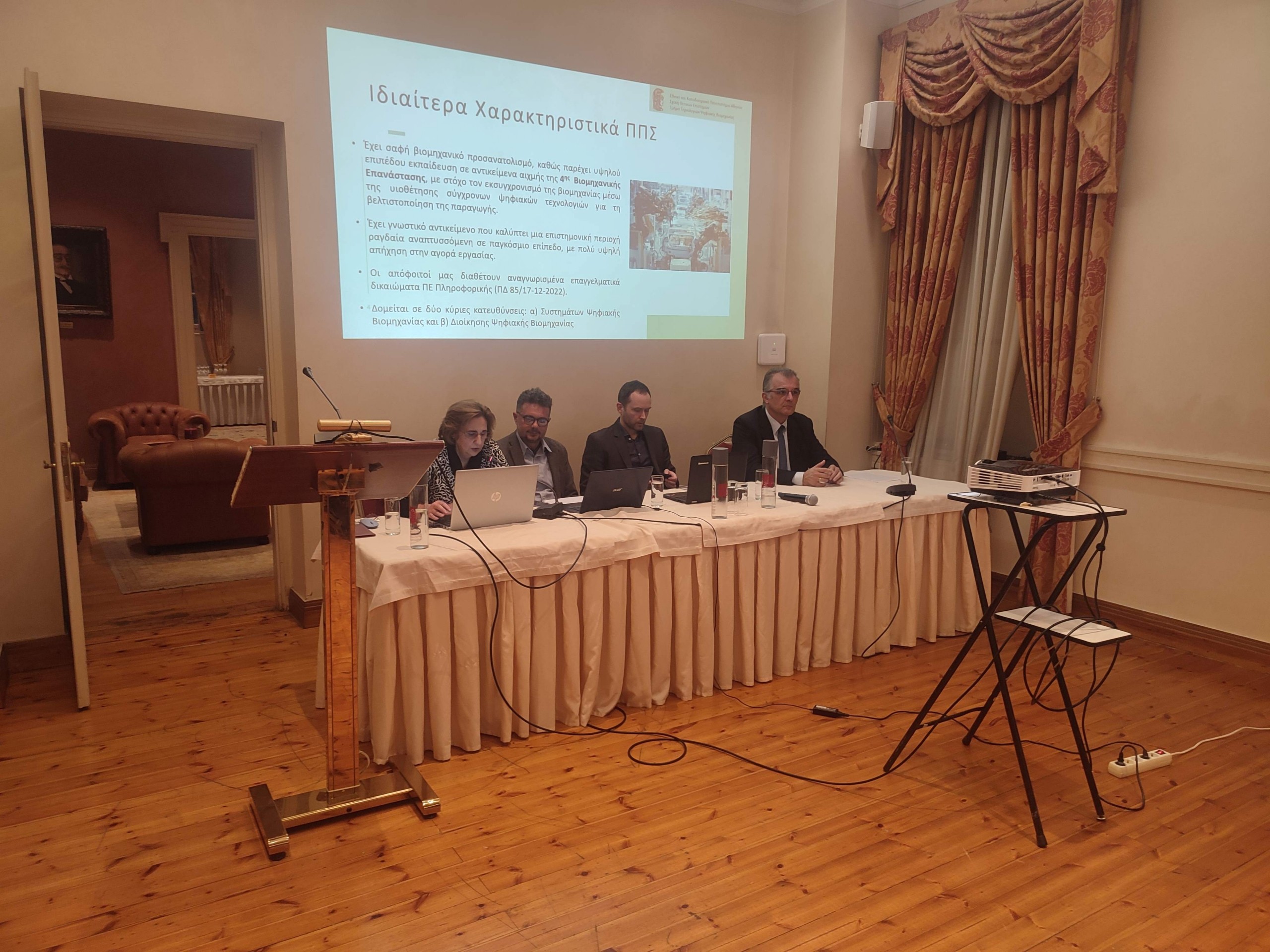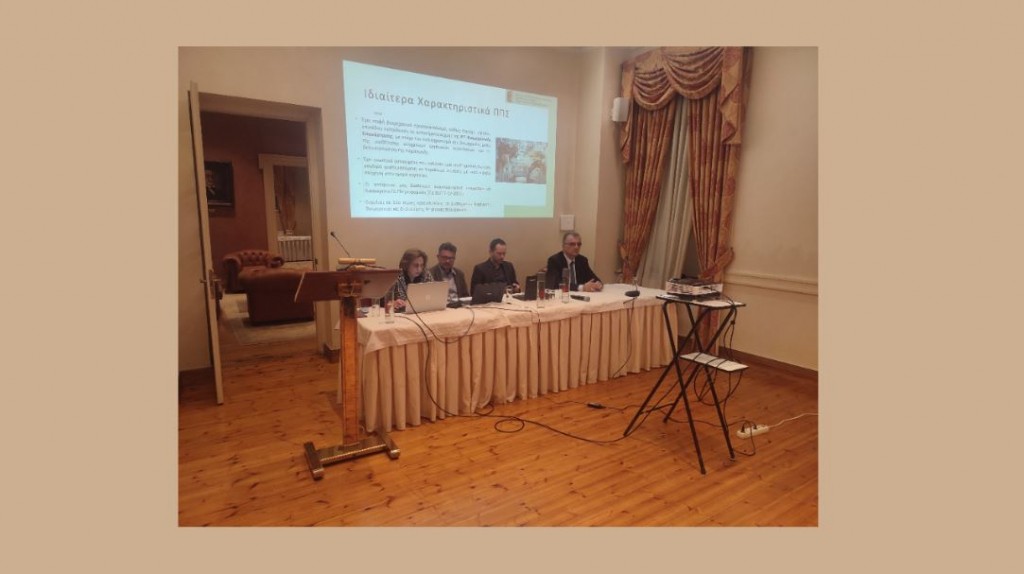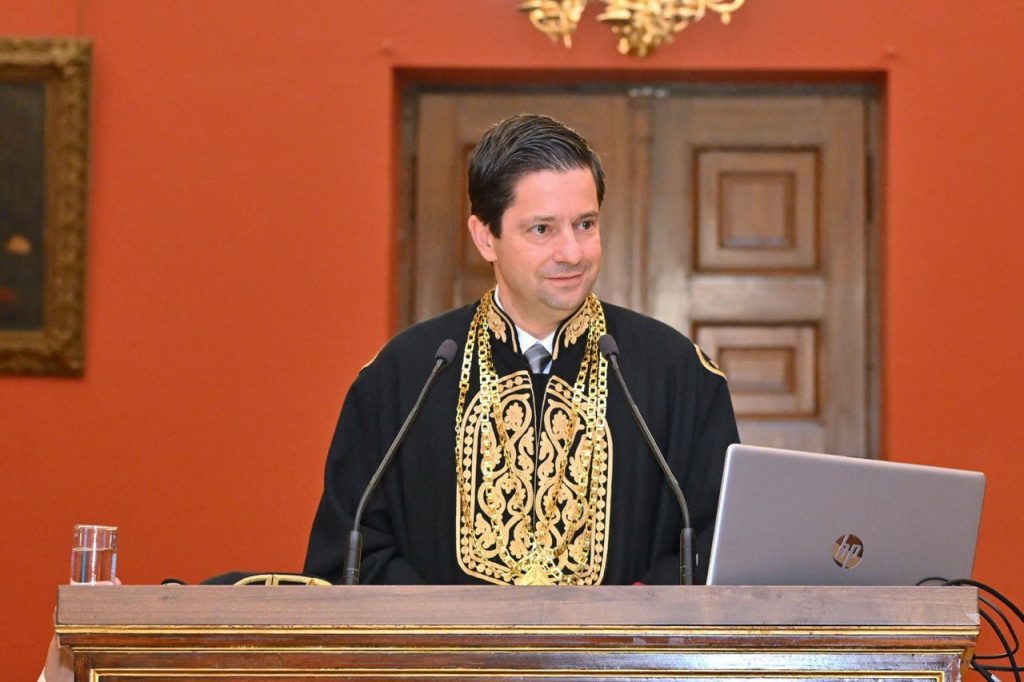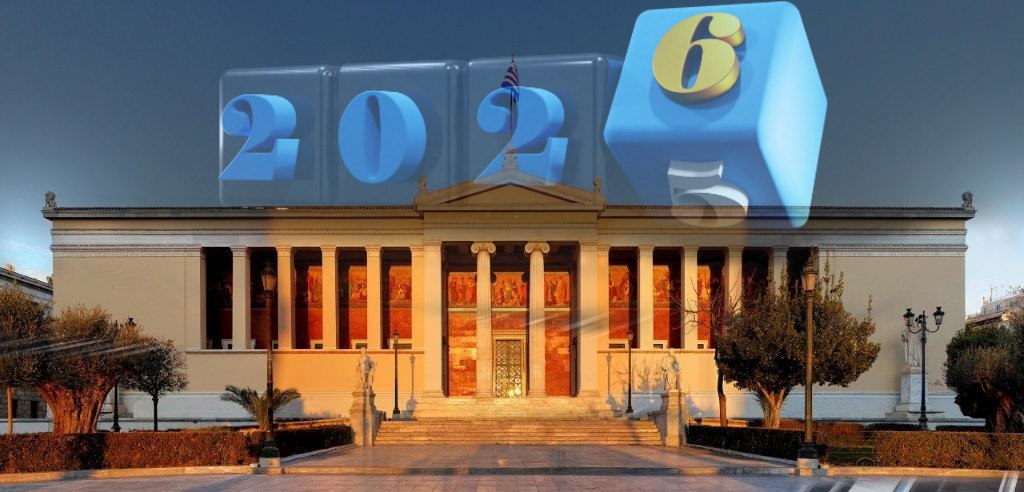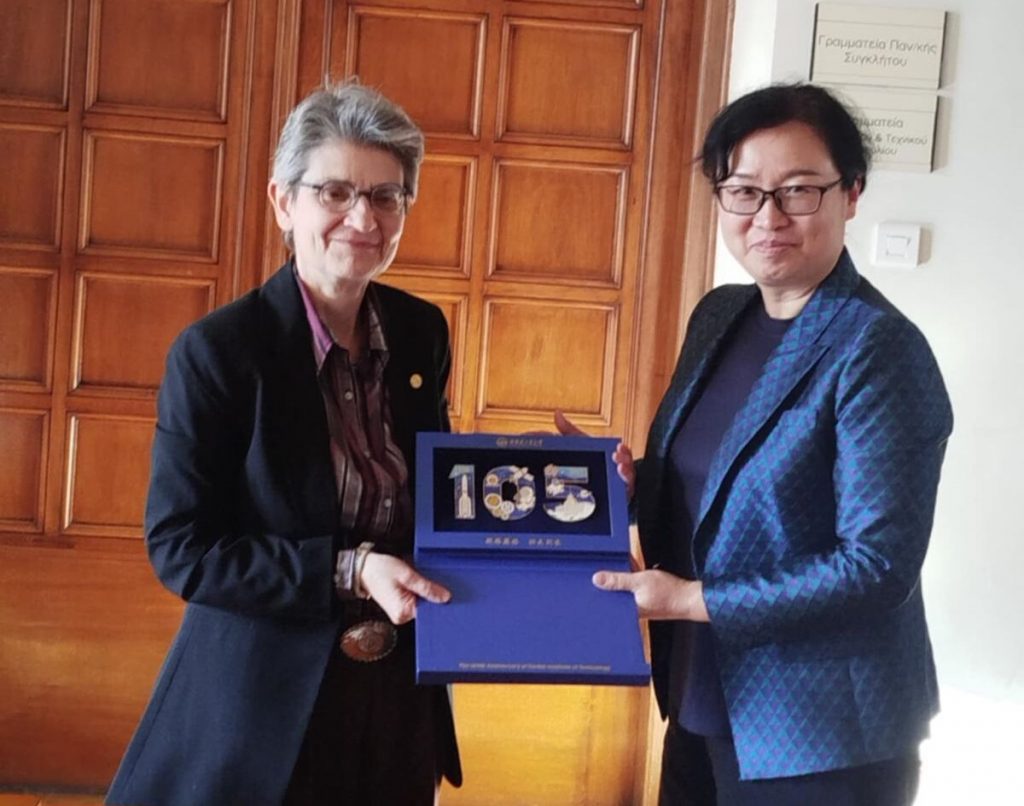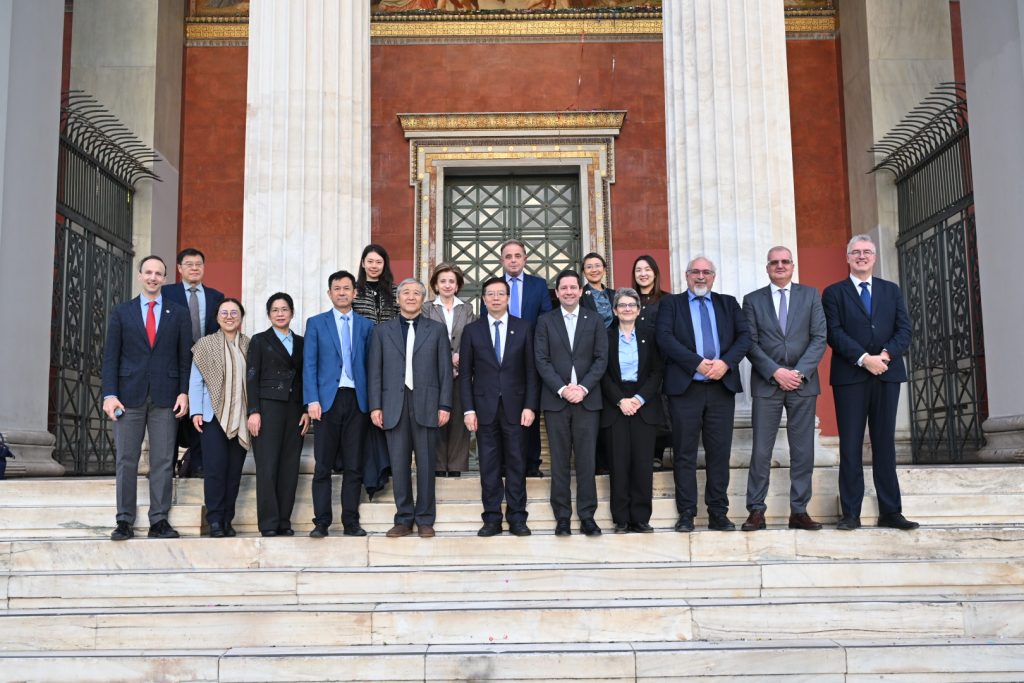The book presentation of “Cubesats: Invading and Shaping the Space Industry”, organized by the Department of Digital Industrial Technologies (DIND) at the University of Athens, was successfully held on Tuesday, November 12. The event took place on the first floor of the historic Kostis Palamas building and was attended by professors, students, and a diverse range of participants from beyond the department. These included researchers from the University of Athens and other institutions, as well as government and industry professionals. Notably, the developers who contributed to the creation of UPSat—Greece’s first open-design satellite—were also present. The history of UPSat is one of the key topics discussed in the book.
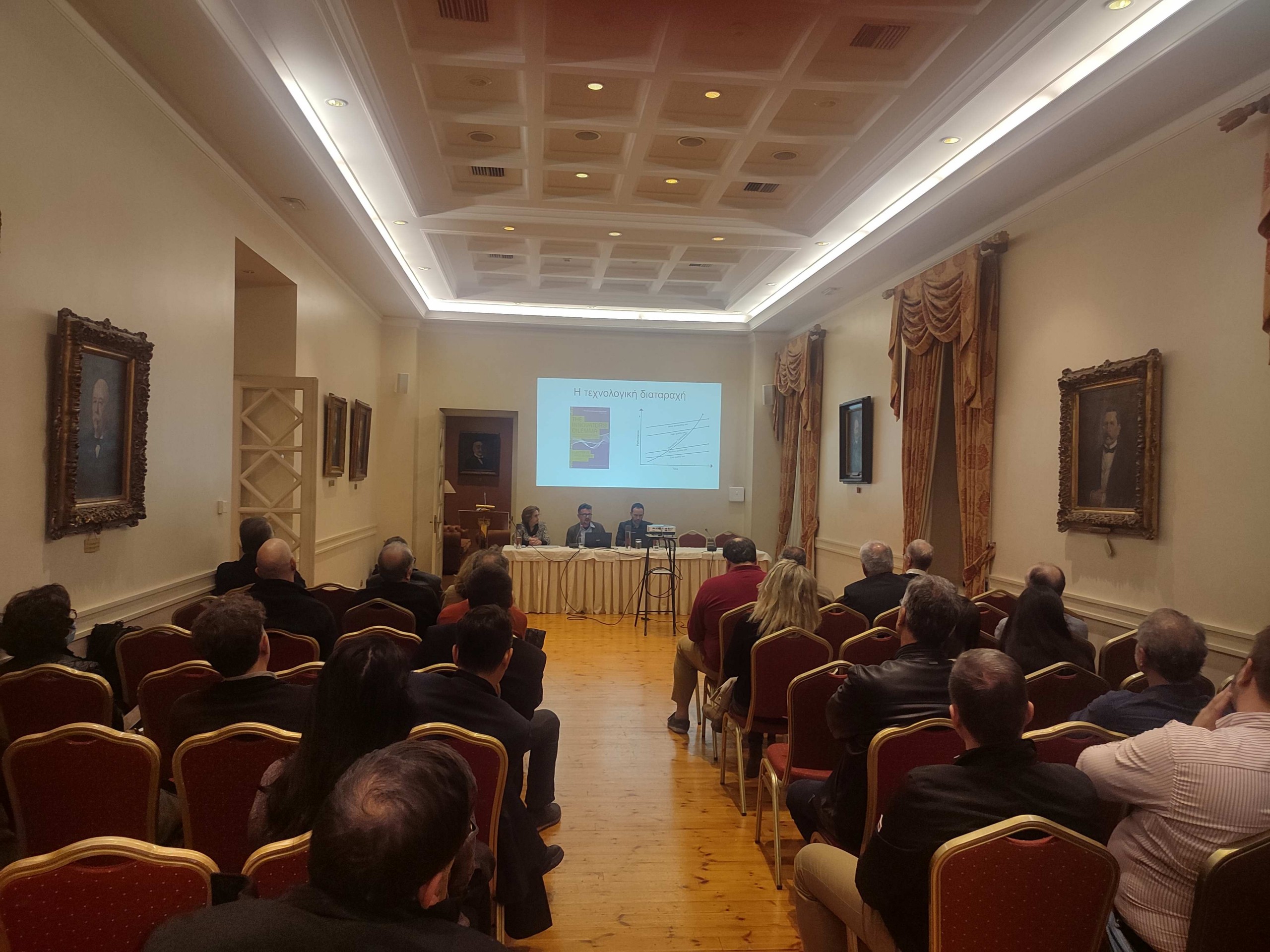
The discussion, moderated by Dimitris Delevegos, a journalist for Kathimerini, began with an opening speech by Professor Maria Tzamtzi, Vice President of DIND. Professor Tzamtzi briefly outlined the Department’s activities, including its research and teaching activity. She also highlighted the biography of Assistant Professor of DIND Paris Chrysos and provided an overview of the key themes in the book, emphasizing its quality of writing and engaging narrative.
Following this, Professor Ioannis Emmanouil, former Dean of the Faculty of Sciences, took the floor. In his detailed and insightful presentation, Professor Emmanouil discussed the history of satellites, the significance of the “dominant design” in spacecraft development, and how this standard approach is being challenged by emerging technologies. He also explored team dynamics in the development of such systems and the complexities of the “foggy economy” surrounding this field.
Mr. Chrysos, who is co-signing the book with Francesco Appio from the Paris School of Business, then delivered a presentation based on interviews conducted in various countries involved in Cubesat development. He provided a vivid overview of the development processes behind nanosatellites. Analyzing the project through three key themes—“intimate spaces,” “clock reset,” and “technological disruption”—he emphasized the human aspect of technological evolution and the challenges faced during the journey to complete innovative missions and establish new space technologies.
During the subsequent discussion, participants shared valuable insights and observations on several important topics, including the competition between established and emerging industries, the current environmental challenges in the space sector, and the opportunities for countries like Greece to enter the field of space technology development. Other points raised included the economic and business challenges associated with the sector, as well as the role universities play in fostering technological innovation.
On the occasion of the event, Elgar Publishing offered a 35% discount on the purchase of the book, available until December 31st (https://www.e-elgar.com/shop/isbn/9781035326631 code ‘CHRY35’).
